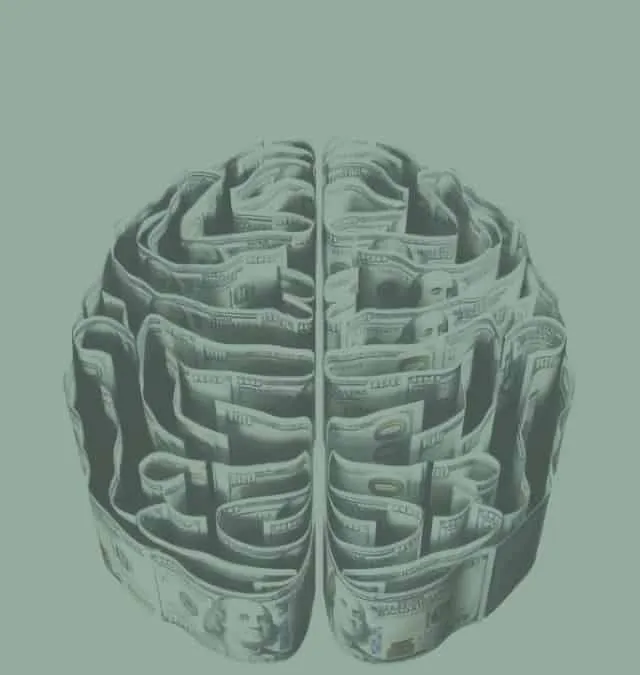Compassionate Allowance claims are a subset of medical conditions where there is a clear indication of meeting the Social Security’s definition of a disability that prevents full time work. In theory, those with compassionate allowance claims should have their claims processed more quickly to get them their benefits in a timelier matter. Social Security has published a list of compassionate allowance conditions and are adding conditions to the list on a periodic basis. We have included a copy of the current list of compassionate allowance conditions here. Frequently, the conditions that fall under the compassionate allowance claims are less common conditions, and so if would behoove you to check the list when forming your initial application. This type of claim can apply to both an SSI and RSDI claim.
One example of a condition that qualifies for compassionate allowance is corticobasal degeneration. Corticobasal Degeneration (CBD) is a rare progressive neurological disorder characterized by the degeneration of parts of the brain. Frequently, this condition is confused with strokes and Parkinson’s disease. Many clients are diagnosed with another condition before this condition is actually discovered. Frequently, the claim changes from a traditional stroke claim to a CBD claim where we ask SSA to bump up the timeline of making a determination.
Normally, a decision on a claim goes through three phases; initial application, reconsideration, and the Administrative Law Judge phase. Clients can wait anywhere from 9 months to 2 years for a favorable decision on their claim. Compassionate allowance claims are often paid before a final determination has been made on their claim. If the claim is denied, the family is not responsible to pay back funds received. Although the compassionate allowance claim doesn’t require a separate application, it is important for you to inform the agent for social security that your condition falls under one of the approved categories. This will trigger the process that Social Security takes on those types of claims to ensure that your claim is processed as quickly as possible.
Even if you are eligible for compassionate allowance, you claim should keep processing. This is to determine when the onset of your condition degraded to the point that work would no longer be available. This would be the portion of your claim that would allow for back pay of benefits. If you feel like you have a claim for disability or meet the qualifications of a compassionate allowance claim, contact our office for a free initial consultation.



